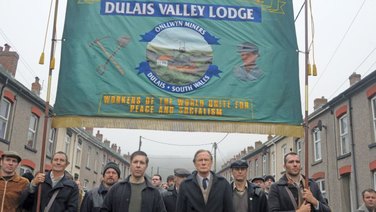
The release of Pride yesterday into UK cinemas is just one of a number of films that have mined (excuse the unintentional pun) the years of the Thatcher government, and particularly the miner’s strike, for potential. Pride sees the striking Welsh miners unite with another group attacked in Thatcher’s years, the LGBT community, in protest. Thatcher’s legacy on the silver screen, with the exception of The Iron Lady, has not been a positive one, with the focus squarely on the people most negatively affected by her policies. Why that is is an interesting debate, but we need to look at the films in question to uncover it.
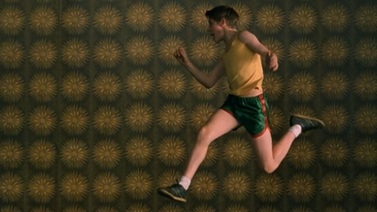
Perhaps the most famous cinematic representation of Thatcher’s government, Billy Elliot is a story of gender norms and ballet against the backdrop of the Miner’s Strike. Set in Durham, it follows Billy’s passion for dance and the criticisms he faces, and combines them with the difficult family and economic situation he faces when both his father and his brother join the striking miners. This film tackles three of the groups most affected by the Thatcherite government: the working class, the arts, and homosexuality. While Billy himself is not gay, though his best friend Michael is, the general perception of male ballet dancers reveals a lot of prejudice in 1980s Britain. Most significant of all, though, is that Billy’s father is forced to betray his principles and return to work in order to realise Billy’s dream of joining a ballet academy in London.
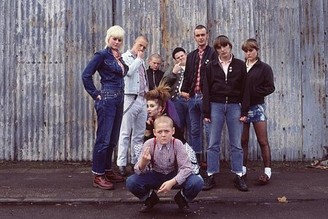
Again focused on the working class, This Is England is a story of disillusioned youth, and the “skinhead” movement that was born out of frustration with the political climate. The main focus of the film is on how West Indian culture was adopted by White Nationalists, and highlights a racist atmosphere that was bred in Thatcherite Britain by police, a key factor in the 1981 riots. Like Billy Elliot, This Is England focuses on those ignored by Thatcher’s society of Victorian values.
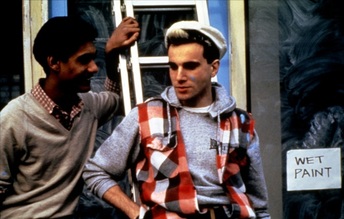
Unlike the previous two films, My Beautiful Laundrette was a film made during Thatcher’s time in office, and along with many other films such as Chariots of Fire, Mona Lisa and Withnail and I, reveal that the period was a golden age of British cinema. This is despite the fact that, in screenwriter Hanif Kureishi’s own words, "Thatcher had no understanding of what a central place the arts have in British life. Or how good Britain is at producing books, films, theatre and music." Perhaps it was this lack of understanding that inspired artists to tell their own stories, as they were increasingly silenced politically. My Beautiful Laundrette touches on the subjects of racism and immigration, white nationalism, and homosexuality, as Muslim Omar and nationalist Johnny find themselves falling for each other against a backdrop of trying to build a successful laundrette business in a tough economic climate. What films like My Beautiful Laundrette reveal is that love flourishes in the face of adversity, and perhaps the reason why a negative portrayal of Thatcher in cinema of the time and later is such a popular one, is that it is simply an unending source of inspiration for the always-loved underdog story.
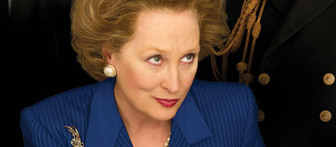
The film that breaks the trend is, of course, Thatcher’s biopic. Despite a winning, uncanny performance from Meryl Streep, the film was not entirely positively received. Could this be because the film portrays Thatcher in a sympathetic light, or was it simply a mediocre film? That’s for the viewer to decide, but it is a telling reflection of a nation’s attitude and opinion.
Whatever your personal opinion on Thatcher’s government, it is unarguable that the arts community never held her in any high regard. Perhaps that is why, given cinema is a form of art, the Thatcher years are so frequently portrayed as a source of strife, and our heroes in these films are the downtrodden and neglected in society. With The Iron Lady coming such a long time after Thatcher left office, and still being received fairly negatively, it would appear that the cinema-going public are still of that mindset. With that in mind, Pride appears to be walking safe ground with regards to public opinion. But the crucial thing is, Pride is a comedy. Despite any reflection on 80s society, go to watch it to laugh.
Read Cookie's review of Pride now!

 RSS Feed
RSS Feed
